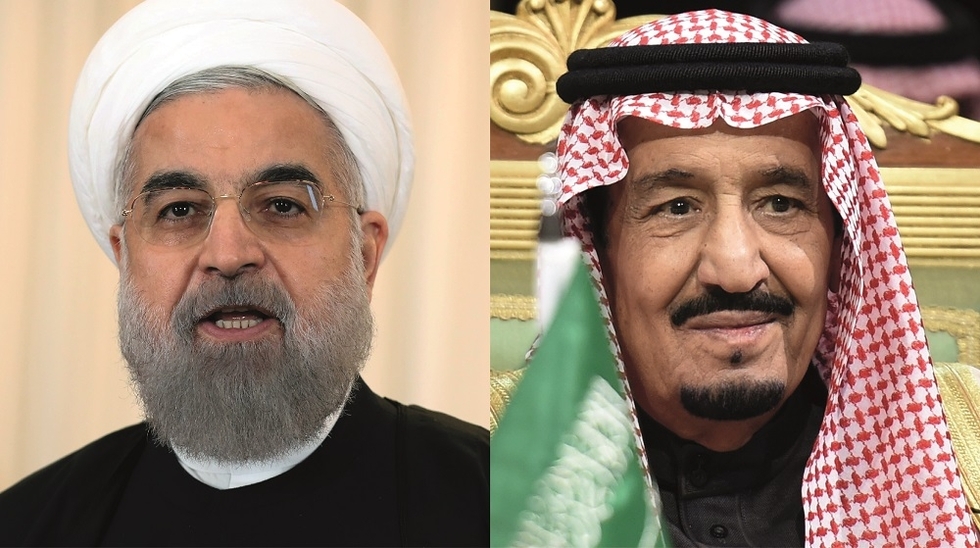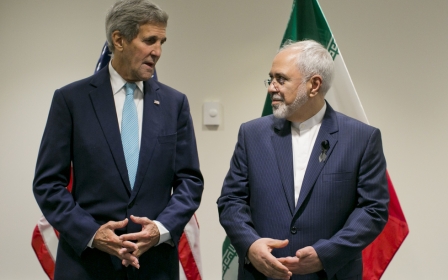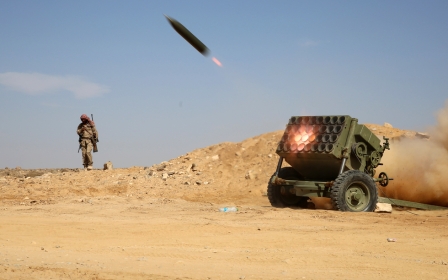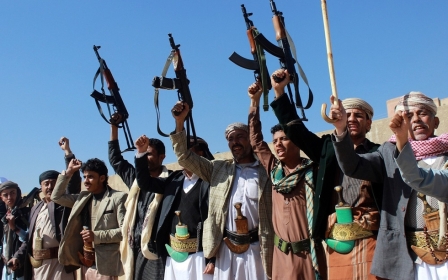Efforts under way for Iran-Saudi dialogue: Tehran

Diplomatic efforts are being made to open "direct dialogue" between regional rivals Iran and Saudi Arabia, a spokesman for Tehran's foreign ministry said on Monday.
"Diplomatic efforts are under way between Iran and Saudi Arabia to prepare the ground for direct dialogue to resolve differences and regional issues," Hossein Jaber Ansari told reporters.
The Shia powerhouse and Sunni Gulf kingdom stand on opposing sides in the conflicts in Syria, Iraq and Yemen, as well as in Bahrain and Lebanon.
Iran supports the Syrian and Iraqi governments and provides both with military advice and reportedly weapons and fighters to battle the Islamic State group.
Riyadh condemns Tehran's policy and supports armed rebel groups in Syria.
Ansari also said that a new Saudi ambassador would soon take office in the Iranian capital.
The current Saudi ambassador has not been in Tehran for over a year.
The spokesman was however cautious in his comments on Saudi Arabia's recent announcement on creating an anti-terror coalition of 34 Muslim countries that excludes Iran, Iraq and Syria.
The kingdom's "actions must be consistent with their words and they should avoid double standards," Ansari said.
Any "action against terrorism" must respect "the territorial integrity and national sovereignty" of countries where operations take place, he said.
Ansari also criticised Turkey for this month deploying troops to a base in northern Iraq where it has a training programme for forces battling IS.
"Any action against terrorism must be coordinated with the Iraqi and Syrian governments," Ansari said. "No uncoordinated action is acceptable."
Baghdad on Sunday welcomed Turkey's move to pull troops out of the country's north.
Middle East Eye propose une couverture et une analyse indépendantes et incomparables du Moyen-Orient, de l’Afrique du Nord et d’autres régions du monde. Pour en savoir plus sur la reprise de ce contenu et les frais qui s’appliquent, veuillez remplir ce formulaire [en anglais]. Pour en savoir plus sur MEE, cliquez ici [en anglais].




